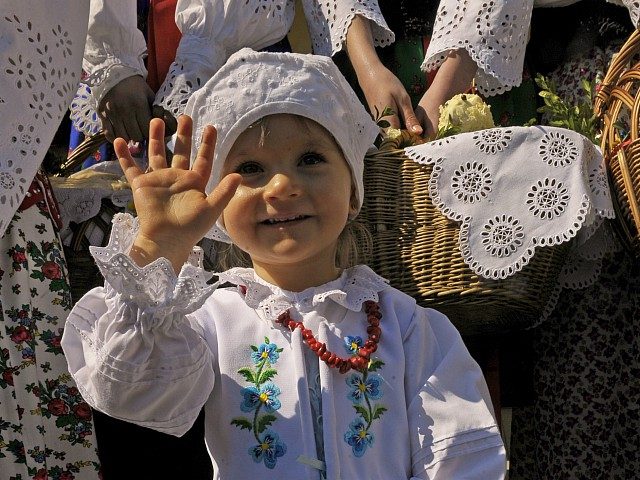Lawmakers in Poland’s lower house of parliament have approved a “maternal pension” for women who have raised four or more children and who deserve “gratitude and respect” for their contribution to society.
The legislation was passed with 259 on favour, 20 against (134 abstentions) in the conservative Law and Justice party-controlled Sejm on Thursday, Radio Poland reports.
The bill will go to the Senat (upper house) for further debate before being signed into law by President Andrzej Duda.
Prime Minister Mateusz Morawiecki said last week his government’s “Mum 4-plus” provision aims to benefit and recognise “mothers and grandmothers who have devoted their lives to bringing up children” and who deserve “gratitude and respect” from the state and society.
Minister for Family, Labour, and Social Policy Elżbieta Rafalska told media last week, “This project is awaited and very much accepted by society. It shows that this effort… of raising many children enjoys significant support among Poles.”
Expected to benefit some 90,000 Polish women, the “maternal pensions” aim to solve the problem of women who have been mothers to four or more children, and due to being out of the workforce are unable to claim a minimum state pension.
Set to be launched on March 1st, it will be paid to all applicable women who have reached the retirement age of 60, with men able to apply if their wife has died or deserted the family.
The programme is expected to cost in the region of 11 billion złotys (£2.26 billion, $2.92 billion) over the next ten years, with 800 million złotys set aside for this year alone.
The family-friendly fiscal policies of the conservative government also include a payment to parents of 500 złotys per second and subsequent child and are part of Law and Justice’s pledge to raise the country’s population, naturally, to 38 million without the need for mass migration from the third world — the preferred method in Western Europe where migration alone accounts for population growth in Germany and Sweden.
Poland’s Central European ally Hungary has also introduced pro-family reforms, where last spring the country’s Prime Minister Viktor Orbán pledged to make demography his “first priority.”
Italy, controlled since last year by a right-populist coalition, also proposed giving farmland to parents who are expecting their third child.
The country’s deputy prime minister and interior minister Matteo Salvini said it was crucial to reverse the demographic decline in Europe, saying, “A country which does not create children is destined to die.”

COMMENTS
Please let us know if you're having issues with commenting.